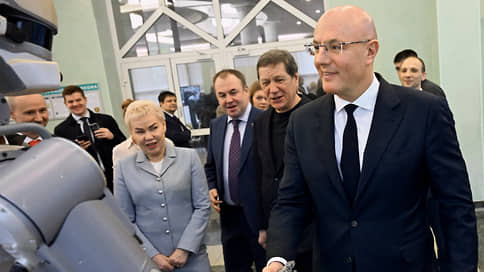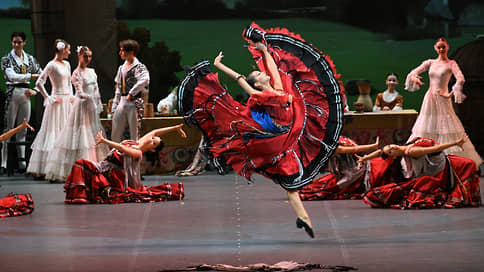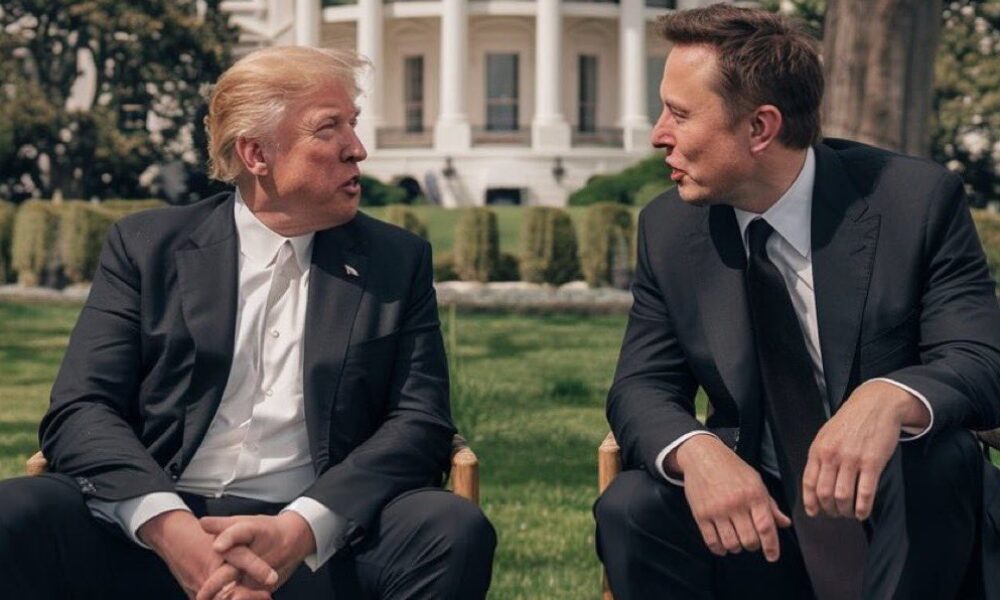The Ministry of Economy has launched a new wave of selection of research centers for AI

The Ministry of Economy on Friday, February 28 launched a new wave of selection of research centers developing artificial intelligence technologies (AI). Six (possibly, and more) selected organizations will receive grants in a total of 4.5 billion rubles. Their task will be, in particular, the development of the so -called strong AI, capable of simulating the work of the human brain. Among the conditions for participation in the competition are the presence of extrabudgetary co -financing in the amount of at least 30% of the grant amount. Such a requirement should stimulate the involvement of companies from the production sphere and ensure the practical use of innovation.
Yesterday the third wave of competitive selection of research centers in the field of AI was launched. As the Deputy Prime Minister Dmitry Chernyshenko explained, it is planned to select at least six organizations to provide them with a total of 4.5 billion rubles in 2025–2026. The funds will be provided as part of the federal project « Artificial Intelligence » of the national project « Economics of Data ».
Each center will be able to receive up to 758 million rubles. However, it will be necessary to present extrabudgetary co -financing – in the amount of at least 30% of the annual grant amount. “They have to develop strong AI technologies and conduct fundamental research,” the official of the Deputy Prime Minister explained in the apparatus. According to the authorities, the demand for extrabudgetary financing should stimulate the involvement of partners from the production sphere in projects and accelerate the emergence of innovation. It is assumed that selected researchers will deal with such, in particular, areas of technology as “elements of strong AI” and “fundamental and generative models”.
The third wave of selection of research centers will be overseeing the Strategic Agency for Support and Formation of II Development (Sapphire). This is a project office, created on the basis of the Skolkovo Foundation and launched recently, in January 2025. The new agency should combine the efforts of the authorities, business and science to expand scientific knowledge in the field of AI and the application of this technology. The interest of officials in this area, apparently, is due to their high expectations. According to the National Development Strategy of AI, the growth of GDP of the Russian Federation by 2030 due to the use of this technology will be 11.2 trillion rubles. The use of generative models (creating texts, videos, images) in scientific research, in particular, accelerates the processes in the development of drugs and in the creation of new materials.
The first wave of selection of AI research centers took place in 2021, the four -year -old support cycle ended by 2025. Then six scientific and educational organizations received it: Skolteh, universities Innopolis and ITMO, Higher School of Economics, IFTI and the Institute of System Programming of the Russian Academy of Sciences named after V.P. Ivannikova. In 2023, six centers were also selected by the second wave: NMIC oncology. N. N. Blokhina, Samara University, Novosibirsk State University, Niyau MEFU, NSU named after N.I. Lobachevsky, St. Petersburg State University.
The government reports that among the results of the activities of these organizations on AI-Profil: 165 articles in the magazines of the first tenant (with the highest level of citation) indexed in international WOS/Scopus systems, 206 publications at conferences in the field of AI level A* (the highest level of IT-conferences rating, which was developed by the Association of Computer Studies and the Formation Australia), as well as the creation and support of 15 frameworks (software that facilitates the development and unification of different components of the AI for creating final solutions on their basis), the launch of about 50 applied solutions together with 36 industrial partners (Sberus, Yandex, MTS, Gazprom Neft and others).
It should be noted that in the context of limited budget resources, it is important for the state that expenses on science are effective, and the results of research and development are in demand by business. Therefore, a grant competitive co -financing model was chosen. It is noteworthy that the authorities of at least the next two years promise to “not complicate life” by researchers: on February 26, the Deputy Prime Minister is the head of the White House apparatus Dmitry Grigorenko at the presentation of the national project “The Economics of Data” said that during this period the legislative regulation of the development and use of AI is not planned.






